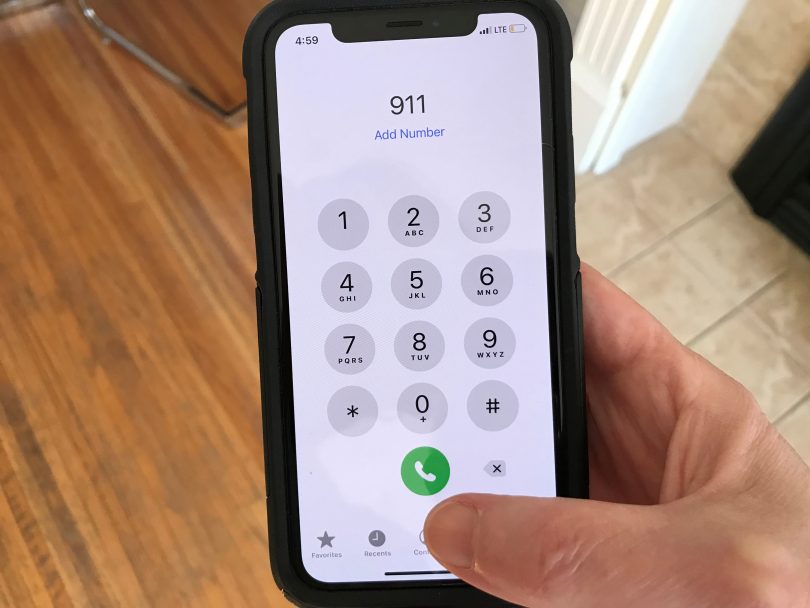A new publication from the Centre for Health Evaluation & Outcome Sciences (CHÉOS) Emergency Medicine Program shows that British Columbians may be calling 911 less frequently during the COVID-19 pandemic, even for serious health concerns. The research team used data from the BC Emergency Health Services (BCEHS) and compared the incidence of paramedic encounters for the most common health complaints between March and May of 2020 to the same time period in the previous year.
“We found that, of the eighteen health complaints we included, there was a decrease in calls for sixteen of them, including chest pain, abdominal pain, and collapse. We also noted a decrease in paramedic encounters with critically ill patients,” said Dr. Brian Grunau, lead author and CHÉOS Scientist.

Published in the Canadian Journal of Emergency Medicine, the study shows that number of emergency calls decreased by 15 per cent overall, and by 9 per cent for critical illness.
The researchers speculate that the decrease could be because people were worried about getting COVID-19, or because they were concerned about burdening the health system, a concern which may be intensified by media coverage of regions that were particularly hard hit during the initial part of the pandemic, like New York and Northern Italy.
While some people can avoid calling 911 and a trip to the emergency department without consequence, Dr. Grunau encourages people to access emergency services if they think they need it. “Critical illness cannot be deferred. These patients will need to visit the emergency department eventually, and delaying medical intervention can lead to severe complications.”
In Italy, COVID-19–related delays in treatment of ST-elevation myocardial infarction (STEMI), a serious type of heart attack, led to an increase in severe complications like heart failure, arrythmia, and valve dysfunction.
“The treatment delays we are seeing in B.C. could contribute to the downstream health effects related to the pandemic,” added Dr. Grunau.
The two health complaints that showed an increase in paramedic encounters were respiratory distress and anxiety.
“This is indicative of the strain that the pandemic is placing on our mental health,” said Dr. Grunau, an assistant professor at the UBC Department of Emergency Medicine.
Dr. Frank Scheuermeyer

Dr. Frank Scheuermeyer, study co-author and Program Head for Emergency Medicine at CHÉOS, notes that these findings are particularly relevant as we head in to another surge in COVID-19 cases in the province.
The study team did not find that regions with a higher burden of COVID-19 cases had a more significant drop in paramedic encounters.
This analysis is important for emergency services planners, who may need to be prepared to match resources with changes in patient needs, and to cope with an anticipated increase in complications in those who may have delayed accessing care.
Dr. Grunau is also leading a national study to examine how the pandemic has impacted paramedics and to identify workplace factors that increase or decrease their risk of infection.
This post originally ran on the CHÉOS website.





